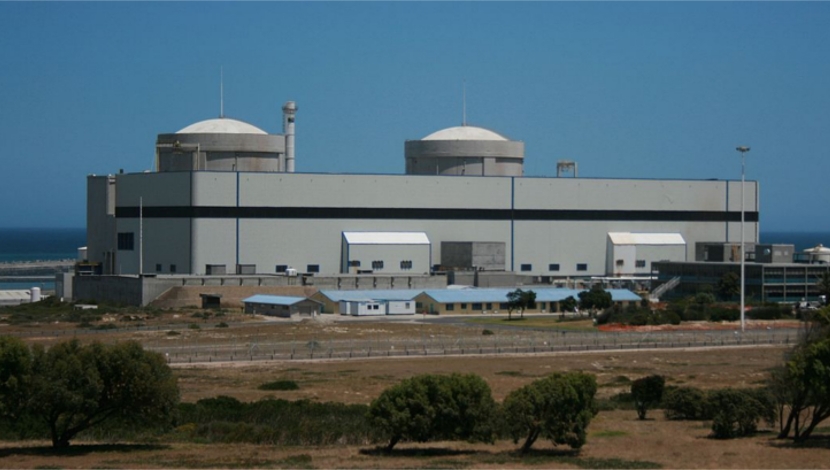
Last week, Eskom implemented load shedding – once again. Cape Business News met up with some of Cape Town’s top decision makers to discuss the impact of load shedding, and how businesses can prevent down time.
Chris Whelan, CEO of Accelerate said that various estimates have put a loss to the economy in the region of R3bn, due to this crisis.
“The truth is that Eskom is going backwards,” says Peter Haylett, Chair of Industrial Focus portfolio, Cape Chamber of Commerce and Industry. “People are taking matters into their own hands now – they cannot wait for Eskom.”
Muneera Salie, Industry analyst: Energy and Power systems, at Frost and Sullivan said, “Many of the challenges that Eskom is facing could have been prevented if they had put better planning in place in the past. If we look at the silo that broke down at the end of last year, this brings into question the quality of Eskom’s procurement programme when it comes to tenders that are awarded. These two issues are definitely going to come under the spotlight in the near future.”
Cape Business News asked what potential opportunities can come out of the crisis.
“Energy is referred to as a game-changer in the economy,” said Andrew Boraine, CEO of Western Cape Economic Development Partnership. “This is not just in relation to the negatives aspects, but rather transforming the negatives into the positives in the future.
“We need to look at this crisis as an opportunity and ask ourselves: How do we develop some renewable capabilities and how do we export them across Africa?” said Whelan.
“In the Western Cape, we have a number of multi-nationals that are based here and have progressed around renewable energy research which can bring in figures of around R100bn to the economy. This is a huge sum for the country, but it is not just about the money – it is also about the innovation this research can bring about.”
CBN asked what solutions can be considered for businesses to avoid down-time and loss of production.
“We’ve been on this power-shortage wagon for a while now,” Winde says. “Be efficient in your power usage, make sure you are responsible in your usage because it’s not only about you, it’s about all of us.”
“As the cost of electricity goes up, you will see companies investing in ensuring they are more economical within their power supply. Households are also changing – the average man and woman is sick and tired of load shedding and it will be with us for a while, so many are investing in getting off the city’s power grid. Eventually every square roof in a factory, shop or house will become a potential solar strategy,” Winde adds.
“We as government play our role in this instance, which allows us to focus on companies and households putting excess power back into the city’s grid. We are currently running pilots with such cases in Cape Town. The power that goes back into the grid is not being done for money, but for vouchers – therefore bypassing the red tape.” “Before long, you’re going to see a very different landscape with regards to energy supply,” Winde concluded.
“There are ways to mitigate the risk of businesses being affected by load shedding. You can install a generator on-site, however this will increase your electricity prices, production costs and the cost of the services/ products you provide to end-users,” Salie said.
“I would look at using photovoltaics, hydrogen fuel cells and gas,” Whelan suggested. “We have many businesses in the Western Cape providing this, so let’s get distribution generation going.
“We must preserve electricity and use it only where necessary,” Masina explains. “With the energy crisis at the moment, Eskom is doing its bit, but it would be useful if the industries will help contribute in saving power.”
Written by: Kristy Jooste, Cape Business News





